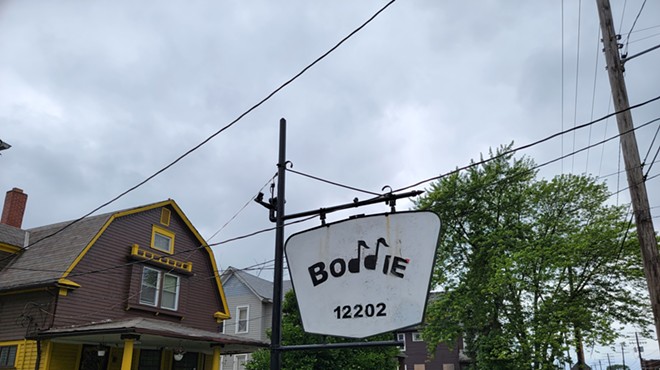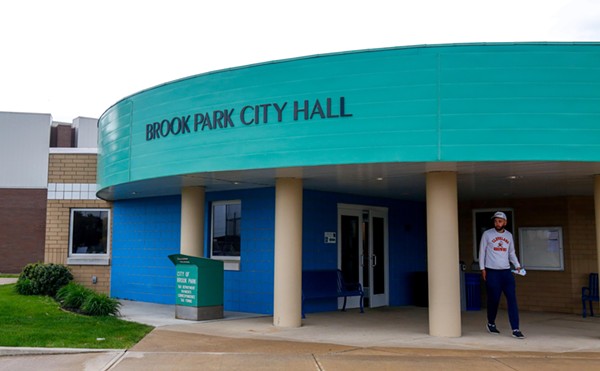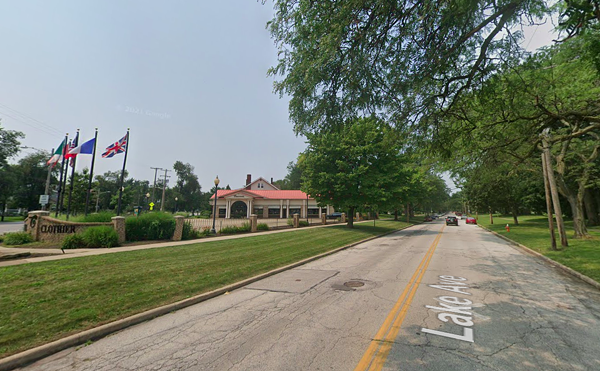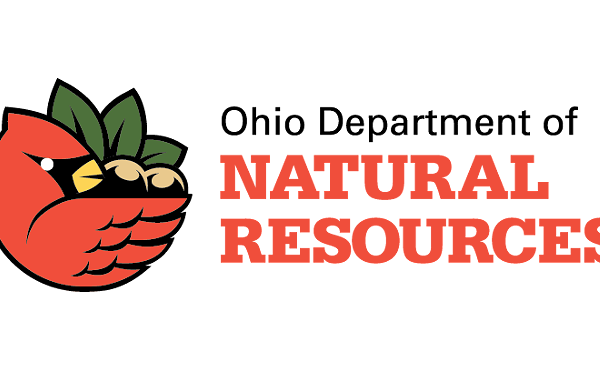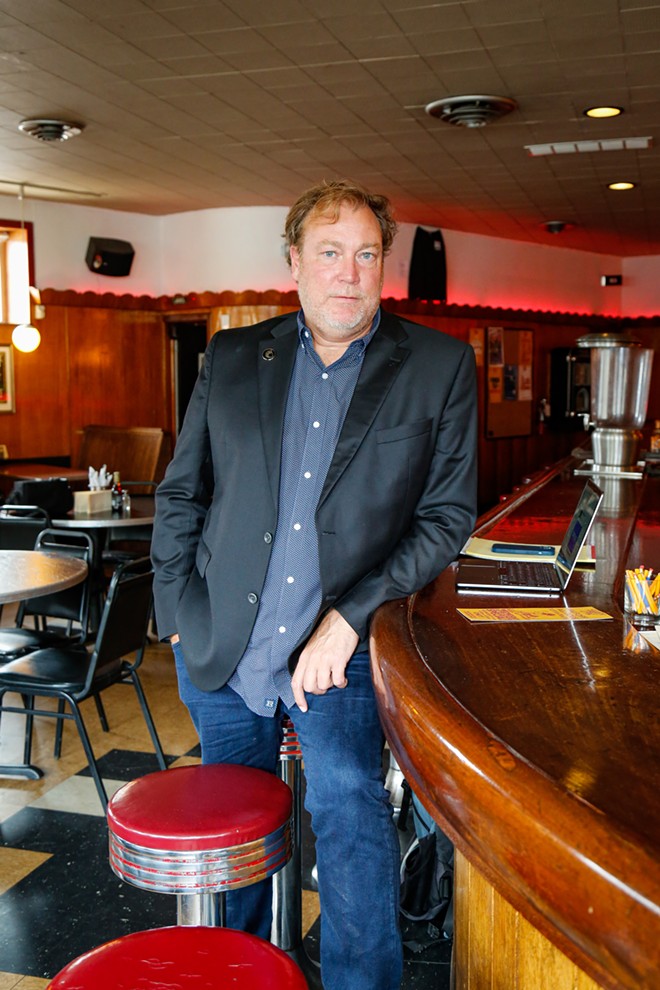
On Wednesday, members of Cleveland Rocks and the Cleveland Music Club Coalition announced what may be the bones of an oncoming sea change in the local industry: a comprehensive census of every single musician, comedian, venue owner, producer, burlesque performer and so on, in the city.
The Music Census will debut via a digital platform in October and be open for six weeks. Local liaison Sean Watterson told Scene it will provide up-to-date, state-of-the-industry data that coalition members can use one day to help push legislation to fix looming gaps in the scene.
"One goal is to understand where we are," Watterson said from a barstool at the Happy Dog, in between Zoom meetings. "And when I say ‘where we are,’ I mean the whole music ecosystem. This isn't just the venues, or just the venues and the people on our stages. It's the whole ecosystem."
Cleveland Rocks paid for the census with a $25,000 grant from the Cleveland Foundation. It’s one of 19 other such surveys across the country, from Chattanooga, Tenn., to Sacramento, Calif.
Spearheaded by Don Pitts, the founder of Sound Music Cities, the census uses the framework of Pitts' prime legacy: the philosophical foundation of Austin's own Music Commission, which famously influenced development downtown to formulate the Texas city into a cultural destination.
"When we talk about Cleveland being a music city, yes, it's the Rock & Roll Hall of Fame, but it's a lot more than that," he said. "It's music that's happening every night. It's music that's getting produced here. It's the music that's getting manufactured here."
If the Music Census rings a bell, it's because Watterson and his cohort—like Cindy Barber at the Beachland, Kathy Blackman at the Grog Shop—helped guide a similar study in 2011. It was called the Remix Report, a 163-page outlook of Cleveland's scene in search of unification. Though telling, it led to little legislative change. (Though it did lead to a "sliding scale" of the typical 8 percent admissions tax.)
The Cleveland music industry “is caught between nostalgia for an illustrious era of industrial success and national prominence," the 2011 report read, "and the uncertainty of how to respond to the realities of its current environment.”
This new attempt could spell other avenues for rebirth. As in Austin, Cleveland could do away with an income tax on musician income; or, like across Texas, a portion of the booze tax could go right into performers' pockets.
Or, as in Toronto, which has had a Music Advisory Committee since 2012, such a survey could segue to Cleveland rebating property taxes to live music venue operators, a sort of backdoor method of healing independents still reeling from pandemic deficits.
"There are different ways of getting resources beyond somebody just writing a check," Watterson said.
According to the U.S. Bureau of Labor Statistics, there were 230 professional musicians and singers working full-time in Cleveland as of last May. Nashville, which has made use of its Music City Council since 2009, reported 1,290. New York had 4,110.
But Watterson, who is Pitts' local liaison, has large goals. He wants to survey, it seems, every single resident who's ever played on, built, designed, managed or even filmed a stage in the city. Austin's census, after all, had recorded the thoughts of 3,900—a "high water mark" for Watterson.
"I want to blow that out of the water," he said.
Follow us: Google News | NewsBreak | Instagram | Facebook | Twitter

